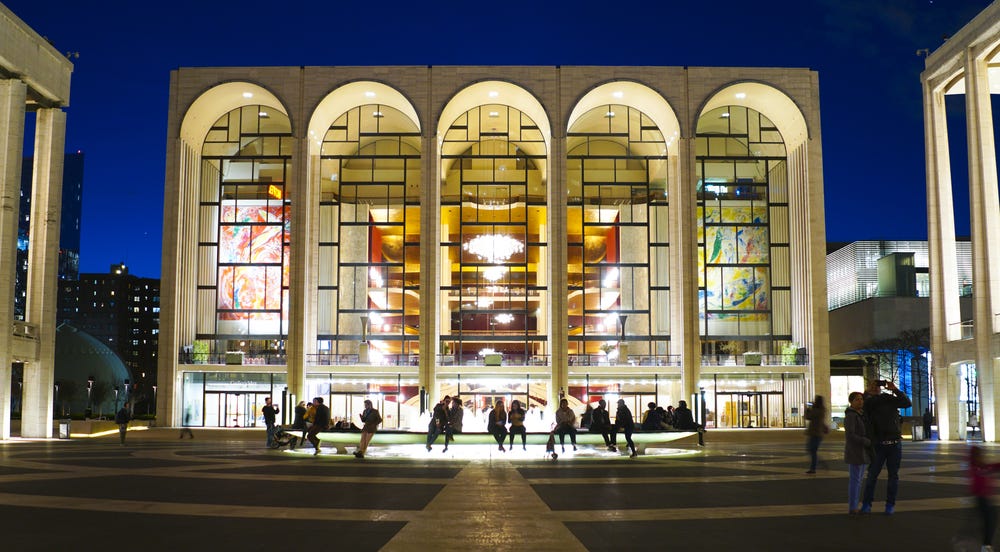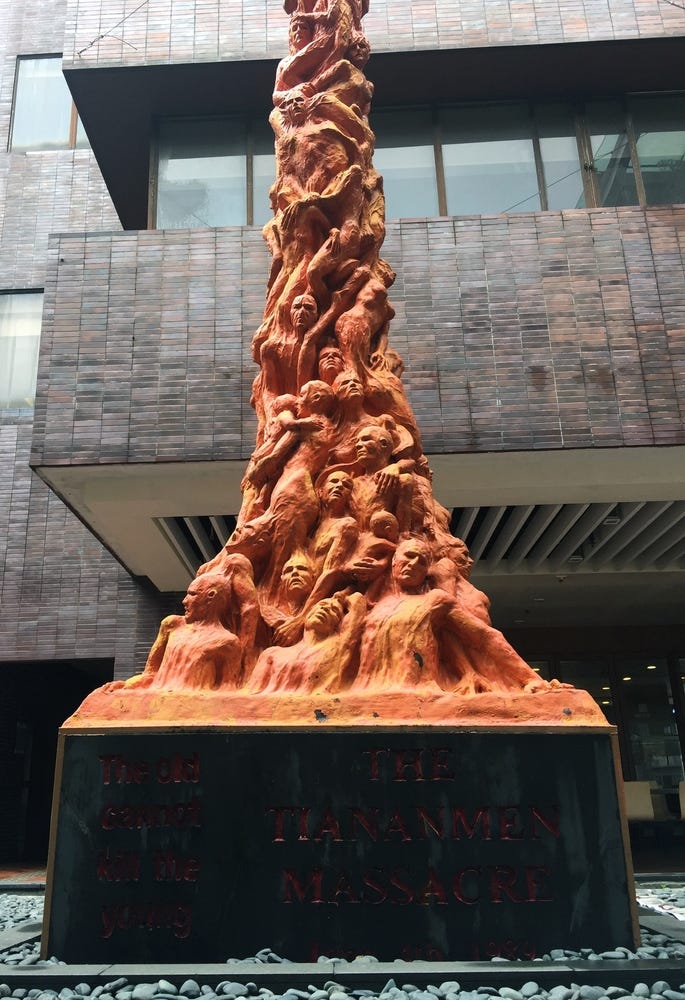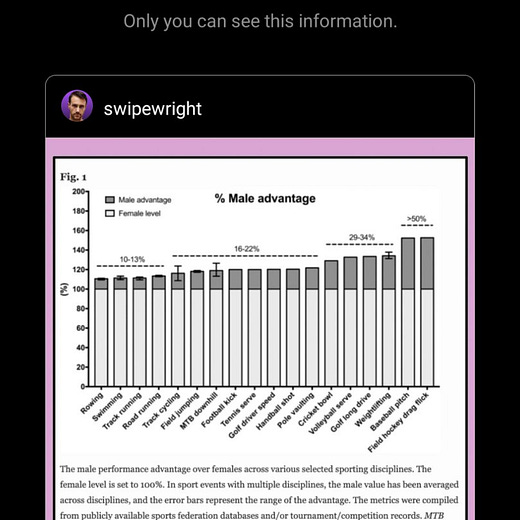E-Pluribus | October 13, 2021
We have a president, not a king, and that's OK; reclaiming cultural appropriation; and the memory of Tiananmen Square is again under assault.
A round up of the latest and best writing and musings on the rise of illiberalism in the public discourse:
J.D. Tuccille: Way Too Many People Want an All-Powerful President
Frustration with perceived gridlock in our political system often leads people to lean towards a politician who can “get things done.” At Reason, J.D. Tuccille writes, however, that a better solution than authoritarianism is simply expecting the federal government to do less while allowing more governance at the community level while people generally live their lives and mind their own business.
"Democracies in sectarian societies often create institutional arrangements to protect the minority, like minority or group rights, power-sharing agreements, devolution or home rule," Nate Cohn noted in The New York Times in a May piece on America's rising political tensions. While he didn't necessarily recommend that approach for the United States, he offered no other ideas beyond a hope that hostilities would eventually settle under the new administration. That hasn't happened.
But even constitutionally sanctioned federalism tends to enjoy the support only of whoever is out of power in D.C. The dominant party there always asserts the supremacy of federal power—at least for so long as it controls Congress and the White House. It's highly unlikely that the Biden administration, or whoever wins in 2024, will voluntarily surrender authority to localities under some novel arrangement when it's traditional to bluster and chafe at state governments exercising the limited autonomy they were always intended to have.
If Americans, then, are going to get out from under the thumbs of people they regard as enemies, they most likely will have to assert control over their lives without cooperation from further up the political food chain. There's precedent for that in state marijuana legalization, sanctuary cities, and Second Amendment sanctuaries, which assert the right of states and localities to refrain from enforcing federal law. But to be effective, there needs to be more outright defiance by localities and individuals of unwelcome dictates from above.
Read it all.
John McWhorter: Cultural Appropriation Can Be Beautiful
At the New York Times, John McWhorter suggests “cultural appropriation” needs to be reclaimed for the good that it can actually produce. While the term is largely used pejoratively, McWhorter makes the case that borrowing from other cultures and genres has a rich history of producing innovation in art that results in more diversity as well as a wider reach than some art forms might find on their own.
Next week, after I speak with my colleague Jane Coaston at a free virtual event The New York Times is hosting about matters linguistic as well as racial, she and I will visit another side of me: The storied soprano Angel Blue will sing “I Wonder What Became of Me” from “Blues Opera,” which I wrote about in August.
The song is a magnificent example of cultural appropriation — a phrase at the intersection of our debates about language and race — and we should be glad of it.
The song’s composers are white. Its music is by Harold Arlen of “Stormy Weather” fame, with words by Johnny Mercer, best known for “Moon River.” The song originated in the precursor to “Blues Opera,” the 1946 Broadway musical “St. Louis Woman.” Arlen and Mercer were what we might today call Black-adjacent artists, often writing, respectfully, in Black-derived idioms, for scripts about Black characters. And “I Wonder What Became of Me” is an art song, not a show tune — a lovely example of fusion music.
[…]
Of course, cultural appropriation can go overboard. We are justifiably wary today of those in power mimicking, sometimes profiting from, cultural products of the disempowered. Some see and take exception to mainly this in the dialect mixing I refer to. However, appropriation yields hybridity that, especially after the passage of time, only the most resolutely clinical of mind-sets can see solely as symptoms of injustice. Peoples sharing space will copy one another — even if they don’t always get along.
Read it all here.
Jillian Kay Melchior: Hong Kong Is Erasing the Tiananmen Square Massacre
China’s manipulation of Hong Kong and its people, chipping away at that one-time bastion of democracy in hostile territory, continues apace. Jillian Kay Melchior writes at the Wall Street Journal about a Tiananmen Square massacre memorial that is under threat of removal by the administration of the University of Hong Kong, a move that is consistent with the Chinese Communist Party’s eliding of the 1989 crackdown from its own history.
The sculpture, “The Pillar of Shame,” memorializes the victims of the 1989 Tiananmen Square massacre. Its creator, Danish artist Jens Galschiøt, calls the work “an overt accusation of the old men’s regime in Beijing” and “a litmus test of the authorities’ vow to respect human rights and free speech in Hong Kong.” The Chinese Communist Party has “already erased the memory of what happened at Tiananmen inside of China, and now they will do the same in Hong Kong,” Mr. Galschiøt says.
In a letter last week, the university’s lawyers said that if “The Pillar of Shame” wasn’t gone by their deadline, “the Sculpture will be deemed abandoned,” and “the University will deal with the Sculpture at such time and in such manner as it thinks fit without further notice.”
Beijing imposed a national-security law on Hong Kong last year that criminalizes dissent, so finding a new local forum willing to display “The Pillar of Shame” will be difficult, especially on short notice, Mr. Galschiøt says. He adds that his fiber cement sculpture has already required repairs and “probably is a bit frail.” He fears that “if people from a construction firm come from a crane and truck and try to put this away, then they will, I think, destroy it. Maybe they want to destroy it, who knows.”
Read the whole thing.
Around Twitter
Jason Hart is decidedly less enthusiastic than Josh Hammer over J.D. Vance’s proposal that the federal government should disqualify certain advocacy groups (left-wing, in this case) from being considered charities:
Instagram seems to have confused biology for hate speech, via Colin Wright and Jesse Singal:
Cathy Young on reports that the FBI is investigating parents who attend school board meetings for alleged threats and harassment:
And finally, Peter Boghossian breaks down “woke”:











